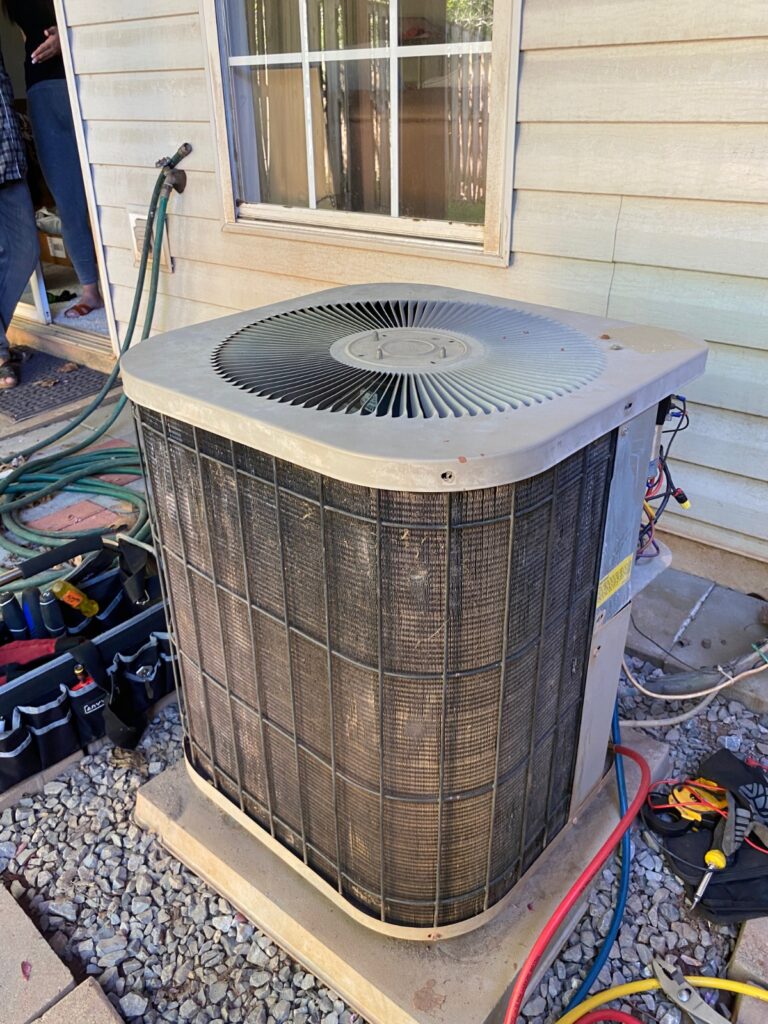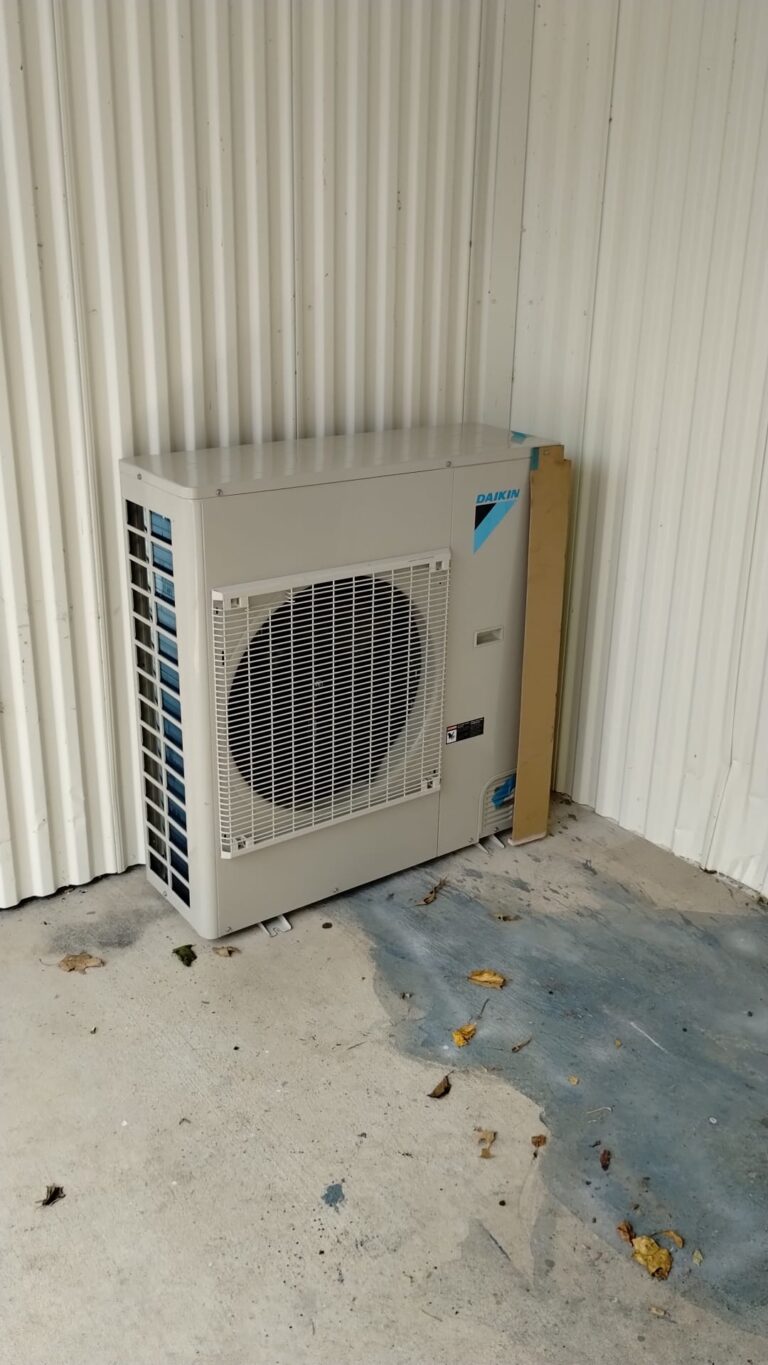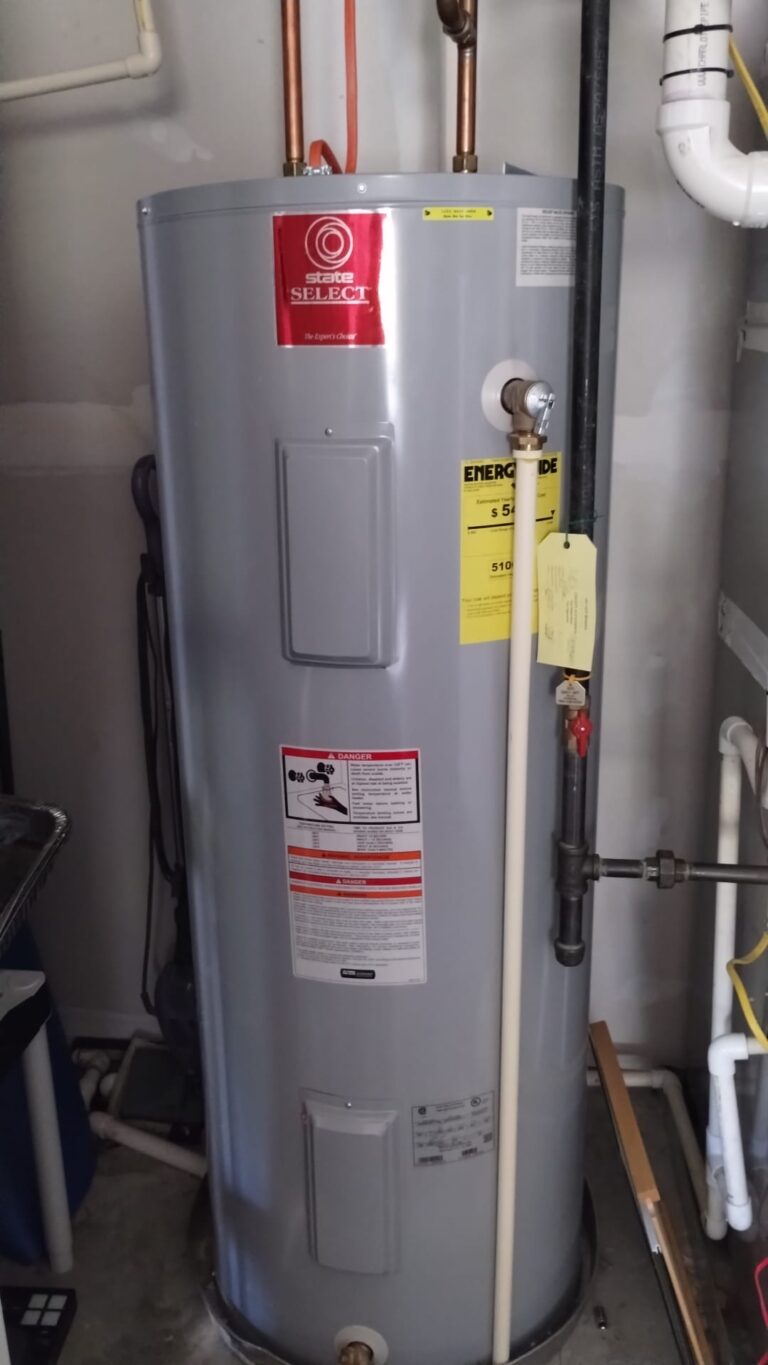How Long Does a Water Heater Last
You probably use your water heater daily. When you turn on the water faucet, your water heater heats your shower, bathroom, kitchen sink, and washing machine. Not working is noticeable. It is important to know when your water heater needs to be replaced so you have uninterrupted hot water for your household.
Water Heater Lifespan
A hot water heater’s lifespan relies on its kind, energy source, water type, and maintenance. The average water heater lasts 8–12 years, although some can last 20 with continuous maintenance.
Types of Water Heaters
There are two main types of water heaters that work for most households:
- Conventional tank water heaters
- Tankless water heaters
Every water heater is gas or electric. Most water heaters are tank-type. The tank stores hot water until you use it, but tankless water heaters do not.

Conventional Tank Water Heaters
How does a Conventional Water Heater Work?
Electric or gas-powered tank-style water heaters hold 40, 50, or 80 gallons. Heating element heats cold water in tank. The tank stores hot water till needed. The thermostat checks water temperature by turning on the heating element to heat additional water and turning it off when it’s hot enough. When a hot water faucet is turned on, heated water rises to the top of the tank and heads to the faucet or shower.
How Long do Conventional Water Heaters Last?
A typical water heater lasts 11 years, however they can last 6 to 15 years. Your water heater’s lifespan depends on how often you use it, its size and location, the quality of your water, and how regularly you service it. Conventional water heaters fail more often than tankless ones because they are always on.
What Causes Conventional Water Heaters to Fail?
The following can cause your storage-tank water heater to fail early:
Water minerals settle at the tank bottom and form a sediment layer. This can insulate the heating elements and prevent them from working, making your water heater perform harder and use more energy. Buildup might corrode the tank and leak.
Steel tank corrosion is prevented by the anode rod. Deteriorating anode rods cause tank rust and leaks.
Water heater maintenance is similar to HVAC maintenance. Annual tank flushing removes sediment and extends water heater life.
Tankless Water Heaters
How Does a Tankless Water Heater Work?
A wall-mounted tankless water heater provides hot water to the whole house on demand. This type of water heater lacks a substantial storage tank. With the hot water faucet on, cold water enters the unit through a pipe. Passing water is heated by an electric or gas element.
Unlimited hot water because there’s no tank to fill. Without hot water demand, the heating element turns off. A tankless heater must be suitably sized for the residence to perform properly. Professional installation is essential.
How Long do Tankless Water Heaters Last?
Regular maintenance can extend tankless water heaters’ lifespan to 25 years. On-demand water heaters are more efficient than tank ones. To prolong tankless heater life, proper maintenance is necessary. Due to their larger component count, tankless heaters fail more often without proper maintenance.
What Causes Tankless Water Heaters to Fail?
Tankless water heater lifespan depends on factors like:
- The quality of the unit
- How often it’s used
- The water quality in your area
- Whether it’s properly maintained
Tankless water heaters can last 20 years or more if maintained. It may last half as long if you don’t maintain it or live in a hard water area.
What Are Signs Your Water Heater Needs Replacement?
Your water heater may display various indicators that it needs to be replaced as it ages. Our list of water heater replacement signs includes these.
Age
A water heater’s age can indicate it’s time to replace it, like most equipment. Your appliance may develop difficulties or perform poorly as it ages. Consider replacing it if it’s nearing or past its lifespan.
Water heater labels on the side usually indicate age. Installation dates should give you a sense of the system’s age.
Check the serial number instead. Example 2308 = August 2023. The first two characters in the serial code are the production year, and the third and fourth are the month. Each type of water heater’s lifespan chart can tell you if the system is nearing its end.
Leaks
Minor water heater system leaks are common over time. As the system ages, persistent leaks may occur more often.
Evaluate the system for leaks. Check tank walls and floors for water damage. Seek rust and corrosion in the tank and pipes. Water damage and rust indicate a system leak.
Locking loose connections, replacing valves, or draining the tank can fix certain leaks. It may be cheaper to replace the system if the leak is large and repair is expensive. Thus, you won’t invest in something that will likely fail in a year or two.
Noise
The water heater shouldn’t be too loud. Some noise is normal, but too much might be a problem. System components may loosen if it hums or bangs. Tightening the loose components fixes this.
Popping, hissing, or rumbling may signal issues. Flush the tank or descale the heating elements to fix silt buildup or scale forming noises.
Sometimes loud water heater noises suggest a major issue that requires a pricey repair. Replacement may be best if the system is dying.
Performance
As they near their end, water heaters operate poorly like other appliances. It may no longer provide hot water efficiently, leaving your home without one.
telltale performance issues may include insufficient hot water, variable temperature, poor pressure, and stinky or discolored water.
To assess system performance, monitor temperature, water pressure, and flow. If these metrics are far below average, replace the system. If you doubt your water heater’s functionality, call a pro.
When performance concerns are simple, a replacement is unneeded. Adjusting the thermostat, cleaning the aerator, or replacing the anode rod may be the solution, depending on the situation. You can always ask a professional if these symptoms indicate a replacement is needed. A technician can assess the system to determine if it needs to be replaced or repaired to extend its lifespan. For new water heaters or inquiries about your present one, Cool Breeze Services can help. We’ve served Virginia for 22 years, and our work shows. Call now!







